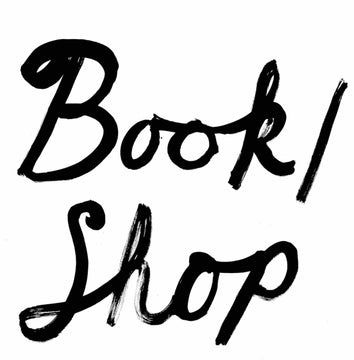SUMMER READING LIST: ANDREW TUCK

Travel guides to places that are now off limits (how to backpack in Afghanistan) or don’t even exist have a melancholic edge but can easily evoke, in special ways, moments lost. Éditions De La Revue Phénicienne is a publisher based in Beirut and one of the people behind it is Carole Corm, for many years Monocle's correspondent in the city. She’s an amazing woman who has revived the publishing house that once belonged to her family. In 2010 she published ‘Damascus: A Travel Guide’ just as the country was about to implode. Beautifully printed, it is still a book that I would recommend you own (today the buyers are mostly UN staff, NGOs and the odd reporter heading to the city) because you get the clearest view of what the city could be again. In the writing you also witness a city – and country – that could have taken a peaceful path to progress. While the introduction may sound out of step with priorities now with its talk of liberalisation and leisure opportunities, this was a real and graspable prize when the book first came out.

A spy thriller is good, a John le Carré one even better. Many of his books have been given a brush up with new covers and notes and one of these is ‘The Spy Who Came in from the Cold’. It’s got more twists than a piece of fusilli. But I like this book for its portrayal of two urban characters: Cold War Berlin and a London struggling to get back on its feet after war. You feel the lack of light, the austerity, the fraughtness of the times on every page. It’s a thriller for urbanists.

It’s a big thumper of a book, and might need a certain perseverance to carry around this summer, but ‘England’s Post-War Listed Buildings’ offers well-written portraits (with very nice pictures too) of a glorious line-up of schools, homes, churches, bus stations and more. Produced by the organisation Historic England, it runs to a mighty 600 pages and whenever I look at it I am warmed by how many peerless buildings came to life after 1945. In Europe, and especially the UK, we tend to think of this as a time of failure for architecture, where leaky brutalism dominated the skyline. But today that experimental confidence – and that concrete – is being reassessed in a positive light and this book shows that the UK actually commissioned some real beauties at this time.

I met the writer Alan Hollinghurst on Monocle 24 show The Big Interview. Always tricky meeting a hero. If I had to recommend one of his books it’s ‘The Line of Beauty’, which summons up Thatcher’s Britain’s and its foibles and excesses via a series of flawed characters, gay and straight. If Le Carré is all soot, cold and dark, this is a book set in the heat of summer 1983 and you can feel a trickle of sweat coursing down your back. And Hollinghurst does good sex. It’s one of the few books you can read again and again.

Lost times are also evoked in Nancy Mitford’s ‘Love in a Cold Climate’. As someone who has overdone it on the Evelyn Waugh, Mitford is a sustaining alternative with her sharp, quick-turning wit and gentle lampooning of the rich in the years between the world wars. The overbearing Lady Montdore is particularly delicious with her ambitious social manoeuvring.

Finally, let me recommend something close to home. Monocle’s latest book, published in conjunction with the publisher Gestalten, is How to Make a Nation: A Monocle Guide. For the past 10 years since launching the magazine we have been lucky enough to meet people who are running great cities and companies, who care about everything from improving education to healthcare. All this best practice – plus a lot of fun stuff, from how to run an embassy to designing a good flag – is in this book. I promise you’ll enjoy it whether you’re a PM or a concerned citizen.
-------------------------------
Andrew Tuck is the London-based editor of Monocle magazine and host of Monocle 24 radio show and podcast The Urbanist. We've been fans of Monocle from issue 1 and it impresses us no end that Andrew and his team keep up such a consistently high standard across all of Monocle's various projects. What a treat to get a look at Andrew's personal reading recommendations for our reading list series. Thank you, Andrew!
